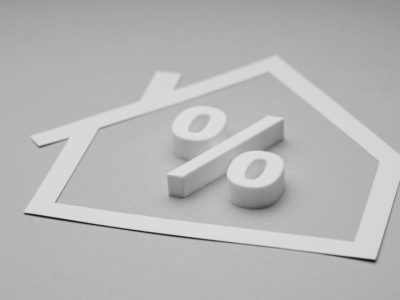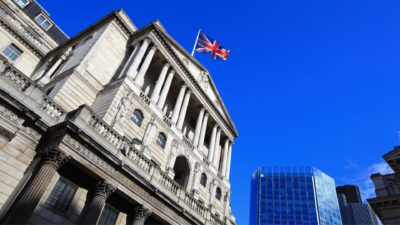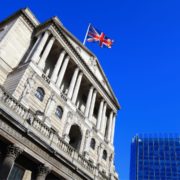How much can the economy, and the housing market, be expected to take? Covid-19 has delivered the deepest UK recession for more than 300 years, albeit one that mainly happened several months ago. Now, while nobody should draw firm conclusions until the clock has struck midnight, the warnings of a no-deal Brexit have grown louder, including from the prime minister.
There was a time when this prospect would have been met with shudders from everybody associated with the housing market. But, when you have been hit with such an abnormal and enormous shock like the pandemic, other things have to be put into perspective.
This does not mean that a no-deal Brexit is irrelevant. It would cause disruption and short and long-term economic damage. It would send the pound tumbling. It would, say economists, hamper the economy’s post-Covid recovery and push unemployment higher. All of these, in normal circumstances, would be bad news for the housing market.
These things are, however, relative. As noted in these pieces before, the housing market has, since the spring, taken on huge momentum.
The latest e-surv house price index, formerly the LSL Acadata index, showed a 1% rise in November, for a 5.8% increase on a year earlier, or 6.1% excluding London and the South East. Leicester, for a long time at the epicentre of the pandemic, recorded the biggest annual price rise of any major conurbation in England and Wales.
The Bank of England, in its latest Financial Stability Report, published on December 11, did not sound any alarms for either the banking system or the housing market. It noted two things. The first is that mortgage conditions have tightened is response to lender concerns about the economy. As it said: “The number of advertised mortgage products has continued to fall in recent months and is materially lower than earlier in the year.” And, it added: “Having been at unusually low levels by historical standards before March, spreads over the risk-free rate on new mortgages have increased in recent months.” High loan-to-value mortgages are harder to obtain.
But, as it also reported, this has not prevented the revival in the market we have all witnessed. The catch-up has been remarkable, most notably in mortgage approvals. There are few parts of the economy where activity this year has matched that of 2019. The mortgage market, however, is one of them.
“Cumulative mortgage approvals in the ten months to October were at a similar level to that over the same period in 2019,” the Bank said. The recent recovery in monthly mortgage approvals recently to their highest level since September 2007 – before we knew much about the financial crisis – is testimony to that.
The latest survey from the Royal Institution of Chartered Surveyors (RICS) suggested that there are concerns in the market about what happens next year. Though carried out before the latest developments on Brexit, the survey pointed to a slightly softening as we go into the winter, with the positive balance on new buyer enquiries slipping from +42% to +27%. Looking ahead 12 months, the balance on expected sales was -21%, underlining the worries about next year. Tenant demand was stable, though new landlord instructions were down.
The fears in the selling market are familiar ones: rising unemployment and the end of the stamp duty holiday on March 31 next year. “It is clear from responses to the latest survey that there is considerable concern about the prospect of a sharp slowdown in transaction activity following the end of the first quarter of the coming year,” said Simon Rubinsohn, RICS’ chief economist.
The Office for Budget Responsibility (OBR), the government’s independent forecaster, has one of the gloomiest forecasts for house prices, once the support for stamp duty is pulled away. It predicts an annual house price fall of 3.5% next year, followed by a further drop of 2.6% in 2022. That is on the assumption, it should be said, of a smooth Brexit, so things could be worse in its view.
The housing market has, however, defied expectations this year. The question is whether it can continue to do so. You would not necessarily bet against it.



























Comments